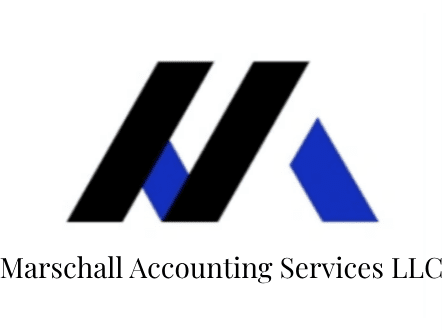Article: Opening a Small Business-The Basic Steps
Category: 1040 Income Tax, Small Business

Opening a small business involves several steps to ensure you comply with tax regulations and reporting requirements. Here are the general steps to open a small business and handle tax-related matters:
Here are the general steps to open a small business and handle tax-related matters:
1. Determine Your Business Structure: Decide on the legal structure of your business, such as a sole proprietorship, partnership, limited liability company (LLC), or S-Corporation or C-Corporation. Each structure has different tax implications.
2. Register Your Business: Register your business with the appropriate government authorities. This typically involves obtaining a business license or permit, registering your business name, and applying for an Employer Identification Number (EIN) from the Internal Revenue Service (IRS) if required..
3. Understand Your Tax Obligations: Familiarize yourself with the tax obligations specific to your business structure. Research federal, state, and local tax requirements applicable to your business type. This includes income tax, sales tax, payroll tax, and any industry-specific taxes.
4. Set Up an Accounting System: Establish an accounting system to track your business income and expenses accurately. Consider using accounting software or hiring an accountant to help you manage your finances and maintain proper records.
5. Determine Your Accounting Method: Choose an accounting method for your business: cash accounting or accrual accounting. Cash accounting records income and expenses when they are received or paid, while accrual accounting records income and expenses when they are earned or incurred.
6. Obtain Necessary Permits and Licenses: Identify and obtain any additional permits or licenses required for your specific industry or location. This could include health permits, zoning permits, professional licenses, or specialized industry permits.
7. Register for State and Local Taxes: Determine if you need to register for state and local taxes, such as sales tax or business property tax. Contact your state’s department of revenue or taxation for specific requirements.
8. Hire Employees (if applicable): If you plan to hire employees, you must register with state and federal agencies for employment tax purposes. This includes obtaining an Employer Identification Number (EIN) and withholding payroll taxes from employee wages. Ensure you collect an I9 and W4 from each employee to ensure W2s are filed by the deadline of 1/31 each year.
9. Hire Subcontractors (if applicable): If you use subcontractors, first, ensure they are in fact subcontractors and not disguised employees. See the link here for IRS guidance on distinguishing between the two: https://www.irs.gov/businesses/small-businesses-self-employed/independent-contractor-self-employed-or-employee. Ensure you collect a W9 from each contractor and ensure 1099s are filed by their due date of 1/31 each year.
10. Understand Employment Taxes: Learn about employment taxes such as federal and state income tax withholding, Social Security and Medicare taxes (FICA), and federal unemployment tax (FUTA). Ensure you comply with reporting and payment deadlines for these taxes.
11. File Tax Returns and Pay Taxes: Stay organized throughout the year and keep track of all necessary financial records. File your business tax returns accurately and on time, including income tax returns, sales tax returns, and payroll tax returns. Pay any taxes owed to the appropriate tax agencies by their respective due dates.
12. Estimated Taxes: Small businesses must make federal and state (if applicable) estimated tax payments each quarter based upon net income earned with due dates of 4/15, 6/15, 9/15, and 1/15 of the following year for Q1-Q4 respectively.
13. Consider Tax Deductions and Credits: Familiarize yourself with potential tax deductions and credits available to small businesses. These can help reduce your taxable income and lower your overall tax liability. Consult with a tax professional or accountant for guidance.
Remember, tax requirements can vary based on your location and business activities. It is always recommended to consult with a tax professional or accountant who can provide personalized advice based on your specific circumstances. Reach out to our office if you need assistance.




